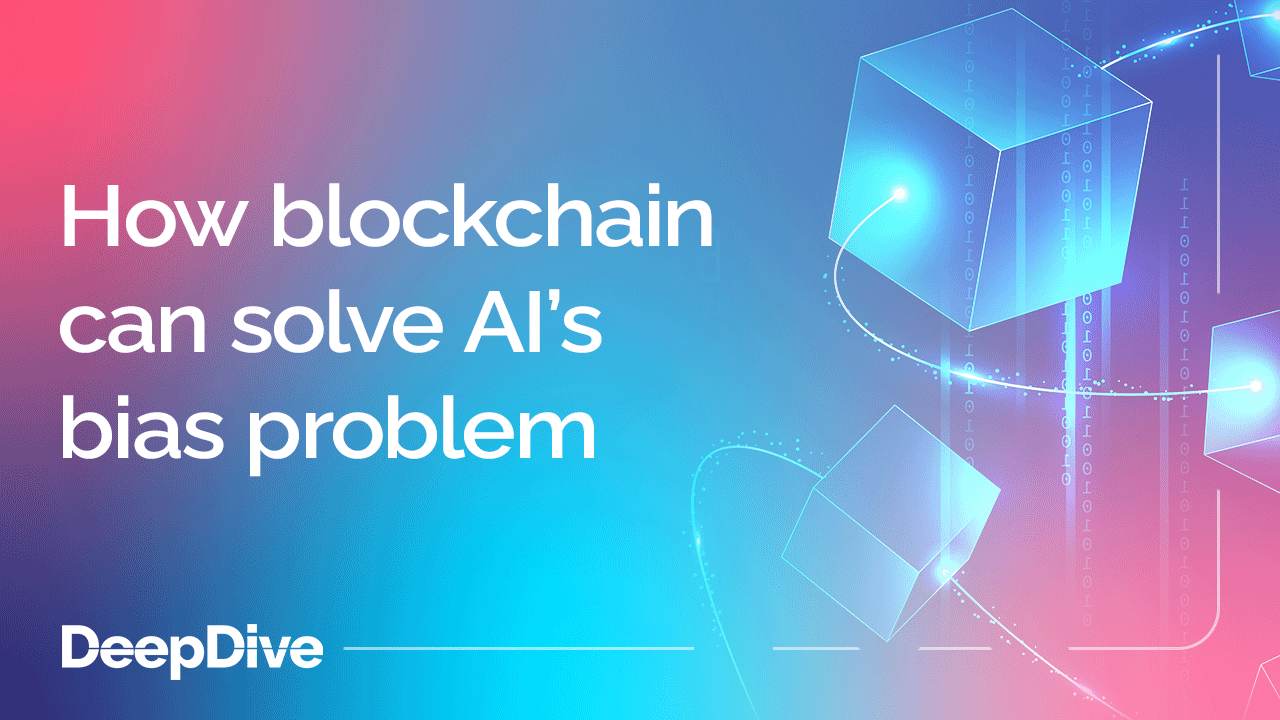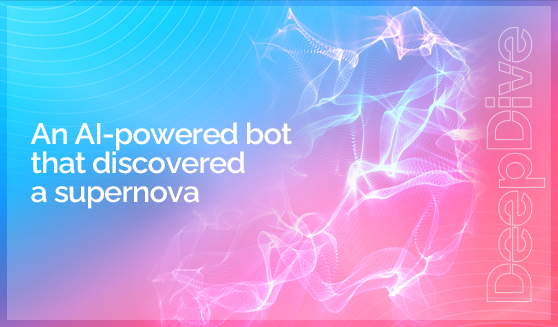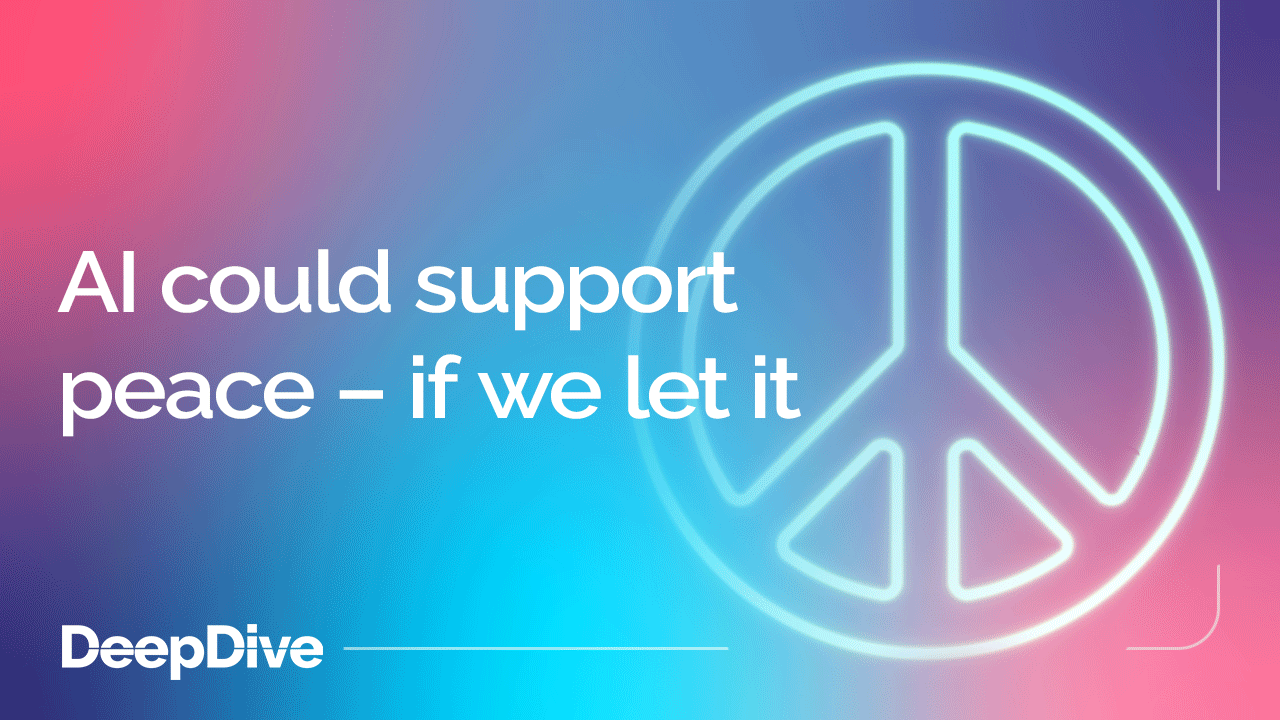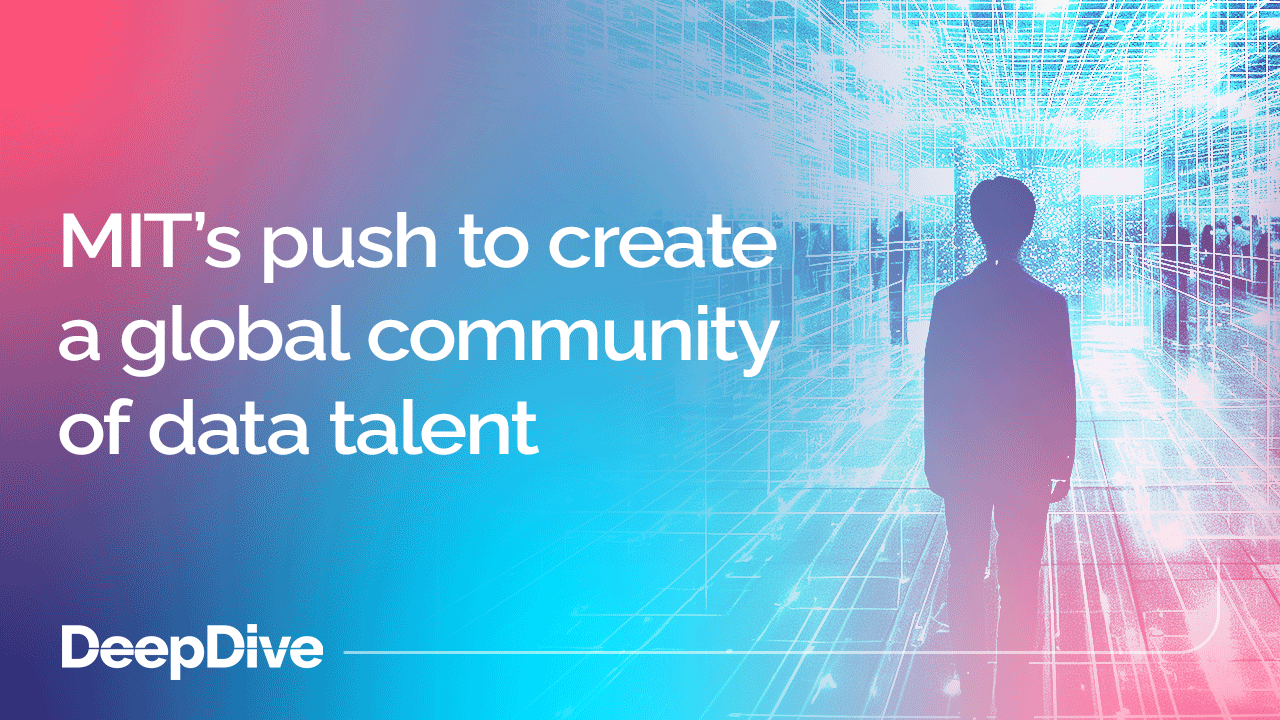

An AI-powered bot that discovered a supernova

Welcome to the 30 new deep divers who have joined us since last Wednesday. If you haven’t already, subscribe and join our community in receiving weekly AI insights, updates, and interviews with industry experts straight to your feed.
----------------------
DeepDive
Your weekly immersion in AI.
AI is already streamlining our daily life. But it’s also helping us understand one of the greatest mysteries humans have ever puzzled over: Space.
Increasingly, astronomers are using AI to help them discover and classify supernovae.
A supernova is the explosion of a star, and scientists have identified a number of different types – so each time a supernova is discovered, astronomers work to understand what type of colossal star explosion they’re looking at.
And AI is helping with this in several different ways
Including…
- Automating the processes involved in detecting and classifying supernovae. AI systems can analyse the light curves of a supernova, which change in brightness over a period of time – and use this analysis to autonomously identify and classify that supernova. By streamlining this time-consuming process with AI, astronomers are able to study more supernovae and gain a more comprehensive understanding of space events.
- Speeding up data analysis. AI is supporting rapid, efficient data analysis across almost every field of study – and astronomy is no exception. Faster data analysis means astronomers can understand supernovae and the properties and conditions associated with them more clearly – driving the emergence of new insights into the life cycle of stars.
- Reducing the scope for human error. People make mistakes. But AI (when trained on high quality data sets) can minimise human error and enable more reliable, accurate data analysis. Astronomers involved in large-scale studies face immense volumes of data that are difficult to manage; and AI can ensure that data is processed effectively.
And AI can collaborate with robotic telescopes
Interoperability between AI models and robotic telescopes enables them to work together to observe and gather data on supernovae.
Robotic telescopes can rely on AI systems for automatic scheduling decisions, optimising observation time, and prioritising targets based on factors including predetermined scientific goals, or weather conditions. AI algorithms can also process the data collected by telescopes in real-time, cutting out the delay between data gathering and supernova identification.
And advanced systems can fully automate the process to identify supernovae without any human intervention at all.
And one such AI-powered bot recently found a supernova
This year, the astronomy community widely reported an exciting development in automated astronomy tech: AI has made its first autonomous detection, identification, and classification of a supernova.
Through an international collaboration led by Northwestern University in the US, scientists created a tool which independently searches the sky for supernovas. It’s called the Bright Transient Survey bot (BTSbot) – and it requires no human intervention at all. It can perform in-depth observations of possible supernovae in order to enhance the efficiency (and accuracy) of the complex supernova classification process.
So it has the potential to enable groundbreaking discoveries about space
As with all AI applications, the quality of data is critical. And the complexity of supernova physics is hard to capture in AI models – with simplifications leading to inaccurate classifications.
But recent developments show that there’s real potential for AI to enable groundbreaking discoveries in space. Scientists can use it to do many thousands of hours worth of study in a very short space of time.
Which means that as AI models become more integrated into the field of astronomy, we’re on the cusp of discovering what’s out there – and here at DeepFest, we’ve no doubt that some incredible surprises will be found.
If you enjoyed this content and want to learn more about the latest in AI, subscribe to our YouTube channel, where we upload new videos every week featuring leading AI industry experts like Pascal Bornet (Chief Data Officer, Aera Technology), Cassie Kozyrkov (Chief Decision Scientist, Google), Betsy Greytok (Vice President, Ethics amp; Policy, IBM) and more at #DeepFest23. You can also register for DeepFest 2024.





